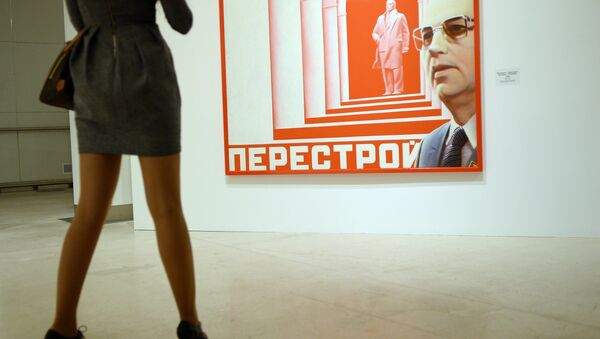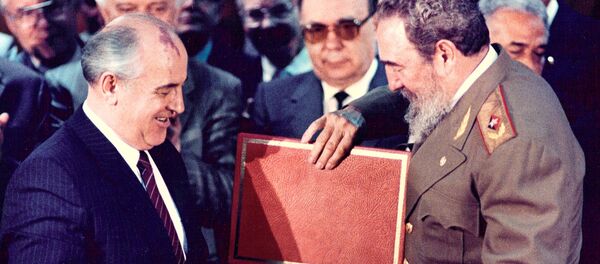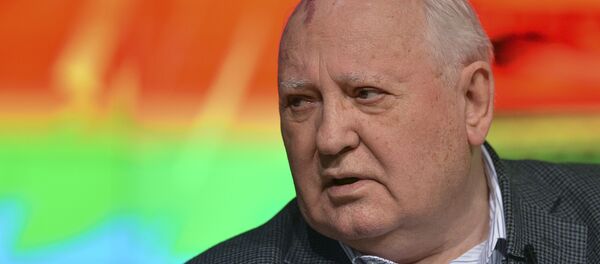The Perestroika, which literally translates as "restructuring," was a political movement within the Communist party of the USSR initiated by Gorbachev during the late 1980s aiming to restructure the Soviet economy and its politics.
"The collapse of the Soviet Union is a big drama. For me it was a tragic event. Nevertheless, I am convinced that it is impossible to reduce the results of the Perestroika to the Union’s dissolution. It would have been a major historical mistake. The country got on the path of freedom and democracy. It turned out to be difficult. More difficult than we thought at the very beginning. But I am sure it is irreversible," Gorbachev said in an article published in Rossiyskaya Gazeta newspaper.
He stressed that due to the Perestroika people managed to overcome the fear and got a chance to influence the future of the country.
"They were wrong, but they overcame apathy, they learned to make decisions and be responsible for their consequences. And despite all the mistakes and frustration, despite the criticism of the Perestroika and its initiators, they will not abandon its achievements — freedom of speech, assembly, religion, openness to the world, and market economy," Gorbachev said.
Gorbachev pointed out that peaceful unification of Germany, withdrawal of troops from Afghanistan and cessation of nuclear weapons race also resulted from the Perestroika.
Gorbachev held the highest rank in the Soviet Union from 1985 to 1991, becoming its first president in March 1990. He stepped down in December 1991 and unsuccessfully ran for president of Russia in 1996. In 1990, Gorbachev was awarded the Nobel Peace Prize for his leading role in the process that led to the collapse of the Soviet Union.




